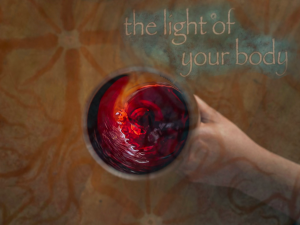From “Good Women” by Tayler Raven Hanxi Bunge
Fiction,

Field Notes,
Either way, I’ve always considered myself a Texan. I like a good steak, my dad worked on his family’s ranch in Juarez and knew how to butcher any kind of livestock, and I proudly stood to chant the Texas state pledge every school day from 3rd grade into my senior year. On the other hand, I never learned “Deep in the Heart of Texas.” What was the point when I lived on the thumb?

Field Notes,
I’ll admit, some of the modern book cover trends are not my favorite, but now I see them with more positivity. They make me consider the new readers— the ones stepping into the literary world for the first time.

Field Notes,
My mind’s eye becomes that of a tlaquetzqui, and I find my soul operating on a different plane. I understand it all. I don’t know if it was the references to the music of my childhood or the red wine starting to kick in (maybe a mixture of both?), but I felt a wave of admiration come over me.